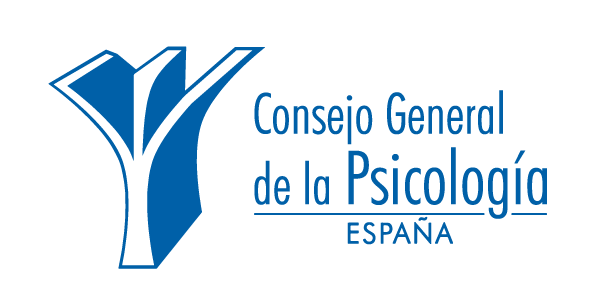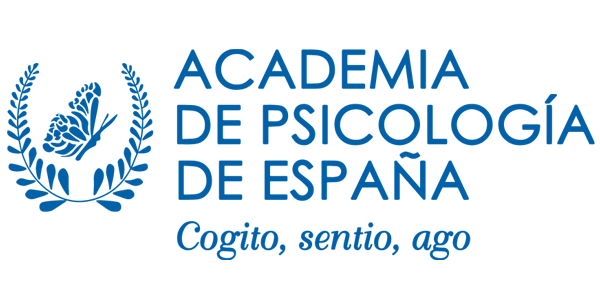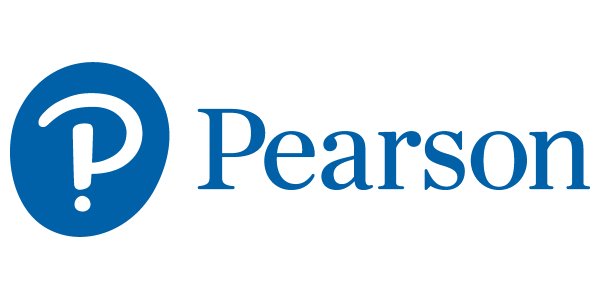How to make evidence-based knowledge available? Four examples from Norway
Making research-based knowledge accessible is an important task for governmental research centres in Norway. To achieve this goal several sources of information have over the past years been developed. The aim is to give practitioners and decision-makers easy access to research-based knowledge, to support them in optimizing the delivery of their services for children and adolescents, and to contribute to the implementation of evidence-based interventions in daily practice. Four examples from Norway are: Ungsinn, PsykTestBarn, IN SUM and The Intervention Handbook.
Ungsinn.no (https://ungsinn.no/english/) is one important source of information for this purpose, focusing on specific psycho-social interventions/programmes and their evidence of effectiveness. Ungsinn grades the quality of evidence on six levels, from ineffective interventions (level 0) to interventions with strong documented effect (level 5) based on both the number and quality of studies available, as well as the beneficial effects found. Implementation quality is also assessed and a necessary requirement for an intervention to be classified on the highest levels of evidence. PsykTestBarn.no (https://psyktestbarn.r-bup.no/no) is a journal that systematically reviews psychometric properties of tests and diagnostic systems assessing mental health and other traits among children and young people. The reviews are based on the European Federation of Psychologists’ Associations’ (EFPA) test review model. Systematic literature searches are conducted to identify studies that report at least one of the following types of data: translation and cultural adaptation, norms, reliability, validity, based on Scandinavian population samples.
IN SUM (https://insum.r-bup.no/no/soek/aboutinsum?language_code=en) is a database containing all international systematic reviews on effects of child and adolescent mental health and welfare interventions fulfilling the DARE criteria. The main purpose is to contribute to evidence-based practice (and evidence-based research) by making summarized evidence available to defined target groups, e.g. by theme/disorder, age group and review type: Cochrane, Campbell, Ungsinn. The systematic reviews points out benefits and disadvantages associated with various interventions that are difficult to discover when looking separately at primary research studies. The systematic reviews in IN SUM are also intended to be used to uncover so called “knowledge gaps” and to establish an overview of existing systematic reviews before starting to plan and conduct new research studies.
Finally, the Intervention handbook (https://tiltakshandboka.no/no) will be presented. The handbook builds partly on the resources presented above, but aims to give a more complete and holistic overview for practitioners in outpatient clinics for children and adolescents, describing all evidence based knowledge about main diagnostic areas (e.g. anxiety) with consideration of the effectiveness of relevant interventions (e.g. for anxiety including medication, psychoeducation, primary prevention, nutrition, CBT, psychodynamic interventions…). The Intervention Handbook presents reviews of systematic reviews, and in contrast to Ungsinn, the included studies are not limited to the evidence of selected programmes or research conducted in Scandinavia, and are evaluated using international standardized methods (i.e. the GRADE criteria and AMSTAR).
Both in Ungsinn, PsykTestBarn and in The Intervention Handbook the systematic reviews are conducted by two independent authors, and the articles are peer-reviewed, similar to the usual evaluation of scientific papers, and finally, reviewed and approved by the Editor. All three webpages are therefore open-access scientific journals.

Simon Peter Neumer
Regional Center for Child and Adolescent Mental Health Eastern and Southern, Norway
Simon Peter Neumer received his Ph.D. in Philosophy in 2000 from the Free University Berlin, Germany., whose topic was ”Mixed anxiety-depression as a DSM-IV-research-diagnosis: challenges and perspectives“. In 2002 he was certified as a supervisor in The Norwegian Association for Cognitive Therapy (NFKT) and Specialist in clinical psychology in the Norwegian Psychological Association (NPA). In 2005 he was certified supervisor in the The Norwegian Psychological Association (NPA) and member of the Academy of Cognitive Therapy (ACT), USA.
Employment
1994 Researcher, Technical University Dresden, Germany
2000 Researcher at the Psychiatric University Clinic in Basel, Switzerland
2001 Clinical Psychologist and Head of Open Rehabilitation Program, Aker Hospital, Norway
2002 Senior Researcher (100% position) at the Center for Child and Adolescent Mental Health (R.BUP), Eastern and Southern Norway and Head of the Research Unit and Program for Primary Prevention and Epidemiology in four and a half years.
2006 Member of the National Network for Prevention and part time position (20%) at the University in Tromsø, RKBU North
2018 Editorial board Scientific Journal PsykTestBarn.no (PsychTestKids)
Research projects
Current work: During the last four years, Dr. Simon has been Chief Investigator (CI) in the “ECHO study” (https://echo.r-bup.no/en): a cluster randomized controlled study with a factorial study design, involving 61 schools in Norway (N=800; ClinicalTrials.gov ID: NCT04263558) where they completed this year the data assessment. Before that, he has been Chief Investigator (CI) in “Coping Kids: a randomized controlled study of a new indicated preventive intervention for children with symptoms of anxiety and depression”, a cluster randomized multi-center study in 36 schools (N=560; NFR nr. 228846/H10, REK nr. 1909; ClinicalTrials.gov ID: NCT02340637) where they completed 2017 the follow-up assessment. He conducted in 2017 a national pilot study in the municipalities, funded by the Norwegian Research Council (NFR nr. 261632), to prepare a Measurement Feedback System (MFS) in close cooperation with first-line services for the proposed Echo study.
Dr. Simon keep in addition the Study Chair in the SMART study, a randomized controlled study of a CBT short-term treatment (ClinicalTrials.gov ID: NCT02150265) in North Norway (N=164), which completed the data collection summer 2017.
Before that, he was Primary Investigator (PI) for the following projects:
2009 “Effectiveness of group and individual treatment of childhood anxiety disorders in ordinary community clinics. A randomized controlled trial”. The clinical study included N=165 children and was funded by the Norwegian Research Council (NFR nr. 186036, NSD registration nr. 18888).
2008 “SMART PARENTS – a group treatment for parents with children suffering from anxiety and depression” (Norwegian Social Sciences Data Services (NSD) registration nr. 17605). The project was funded by the Norwegian Directorate of Health.
2006 “FRIENDS for life – assessment and treatment of emotional problems” (Regional Committees for Medical and health Research Ethics (REK) registration nr. 13867).
Organiza


Patrocina
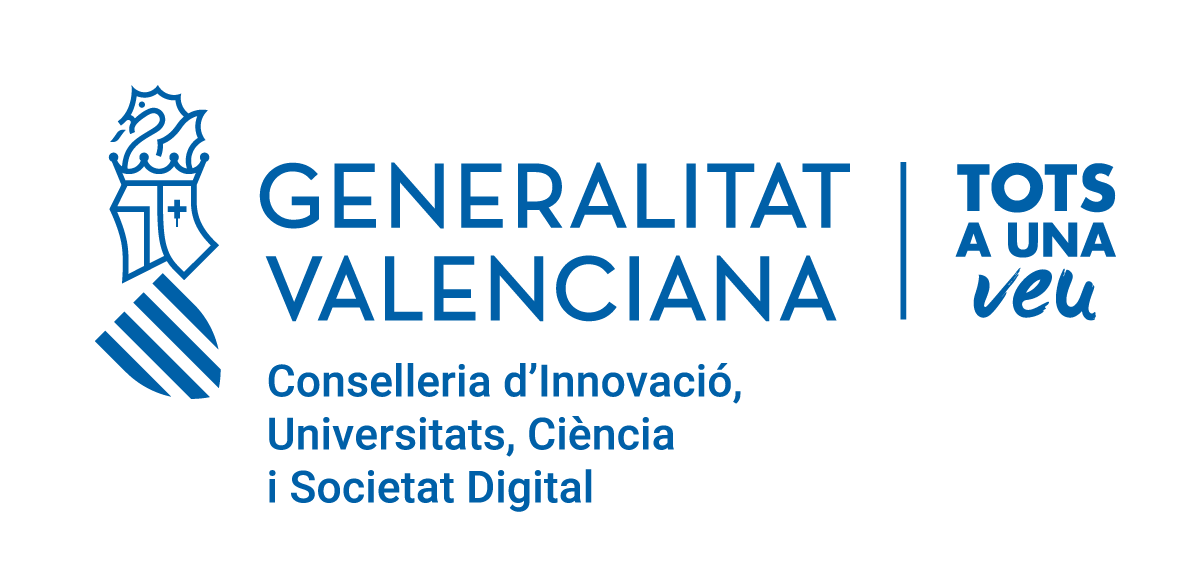
Con el apoyo de
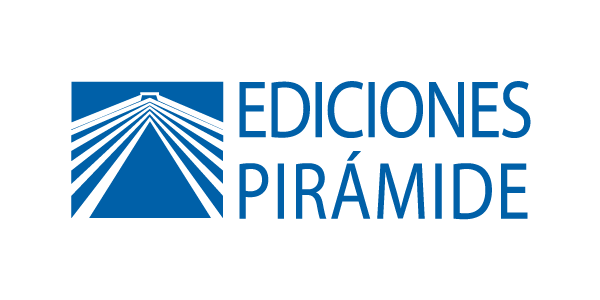

![8CIPCNA-adaptaciones-[Recuperado]](https://www.aitanacongress.com/2022/wp-content/uploads/8CIPCNA-adaptaciones-Recuperado.png)
